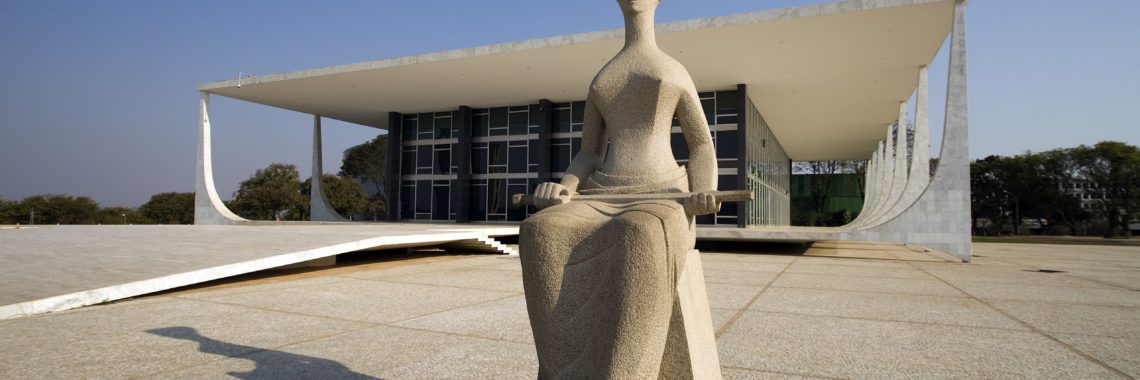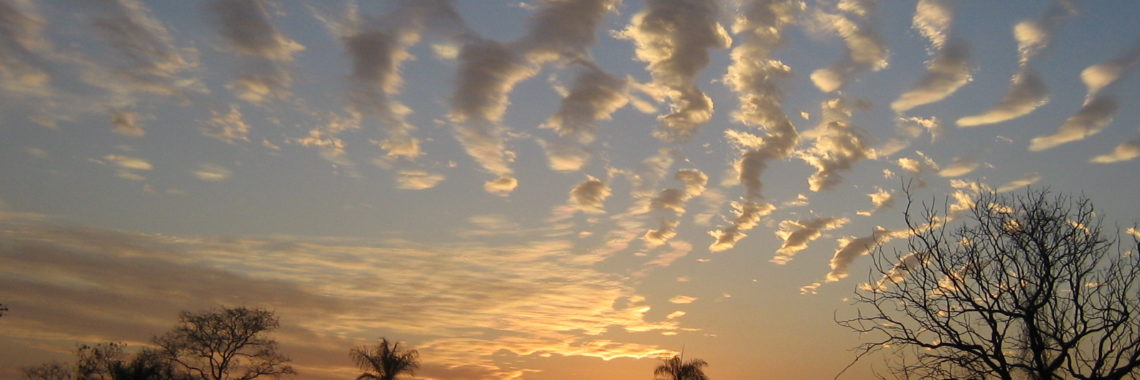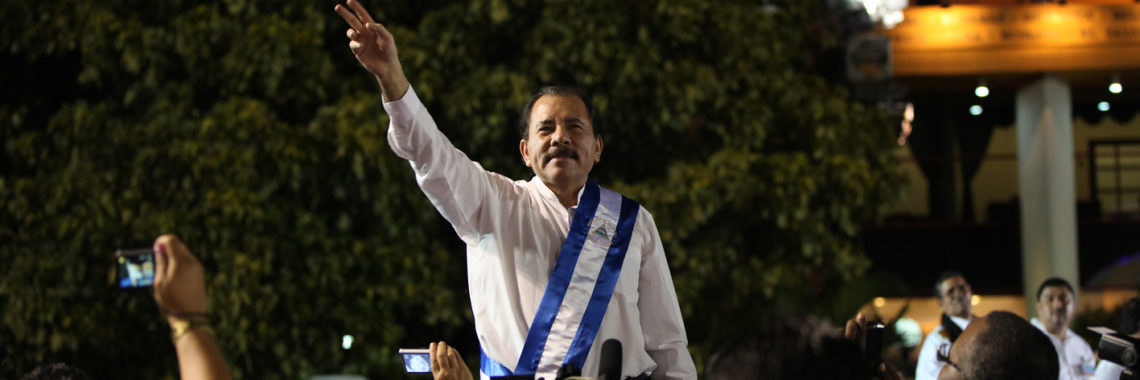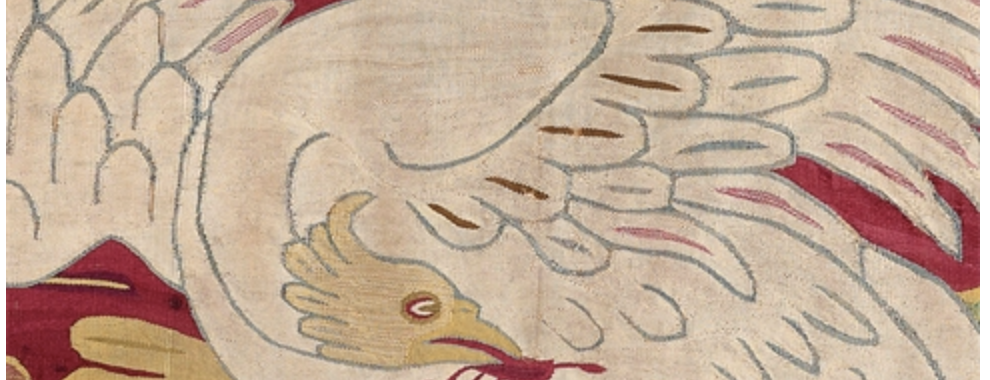“The Violent Incidents Database: A Social Innovation for Religious Freedom” by Dennis P. Petri and Kyle Wisdom
Casa de la Libertad (Freedom House) in Sucre, Bolivia by Dan Lundberg (CC BY-SA 2.0). The Growing Sophistication of Religious Freedom Monitoring When considering research and political attention for religious freedom, we have really come a long way. For a long time, secularization theory was dominant in social sciences. Back in the nineteenth century, German…











